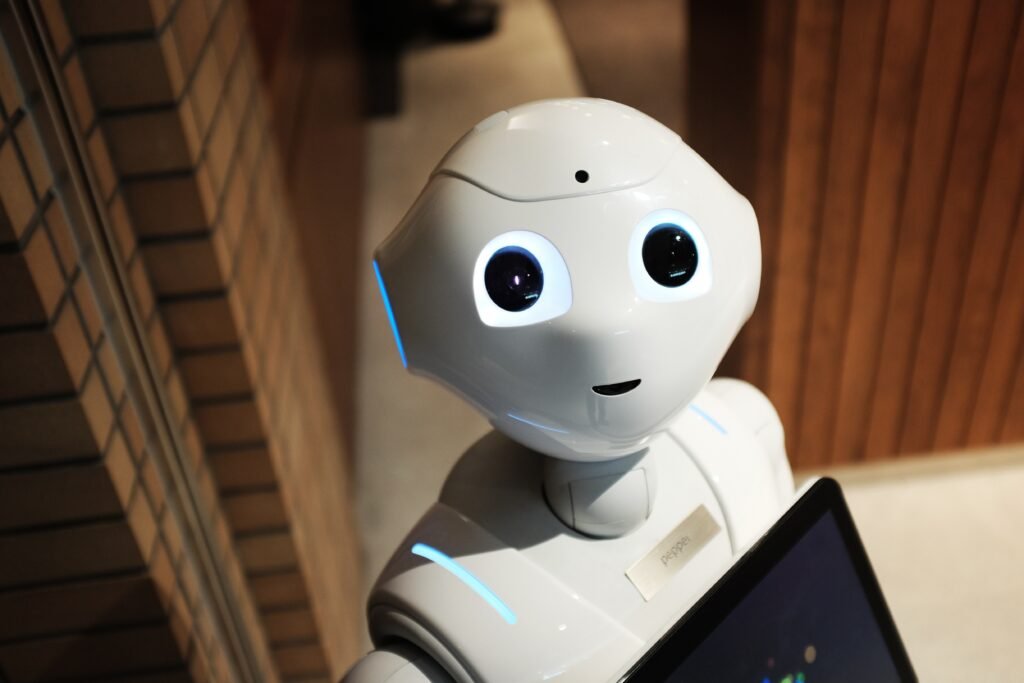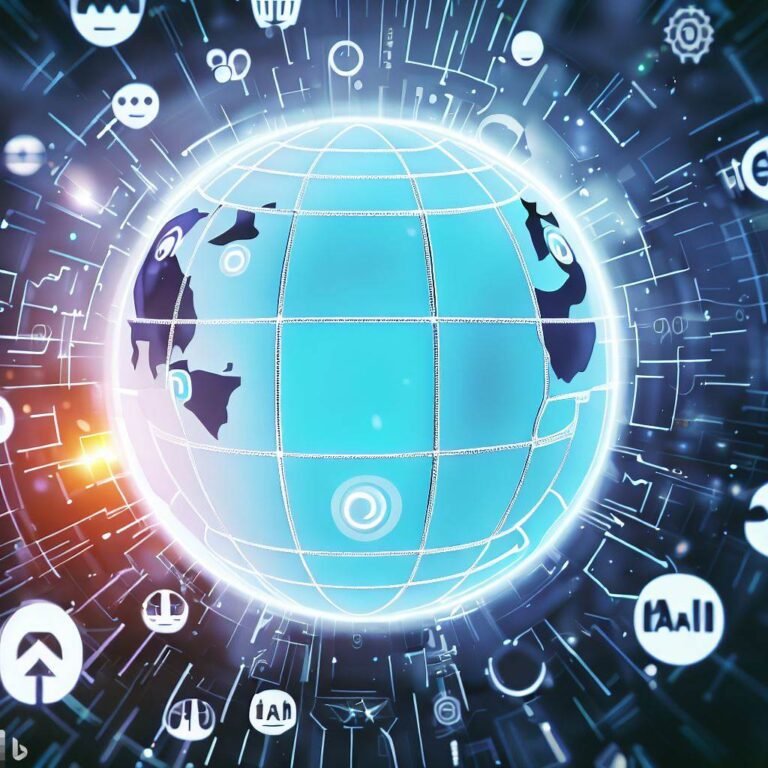
Artificial intelligence (AI) is a quickly growing technology that, in various ways, can destabilize the world fast. The AI has an advantage in the field of being able to understand, modify, and learn independently. Its potential for revolutionizing an increasingly growing number of industries is apparent, which also leads to reshape the technical environment in years to come.
AI and its Impact on the Technological World
AI could potentially revolutionize the world of technology by automating certain tasks currently still reserved for people, which is one of the major improvements we might expect to see in the future. Modelled on machine learning, it can be utilized by AI to gain expertise in understanding, rearranging, and performing other complicated operations like presenting data, recognizing images, and transcribing voice. This has its advantages of the company being able to be precise, save money, and also to get tasks completed that were either not taken into consideration or impossible on the same time with human beings.
Another method that AI has for changing the technological world is to make everything seamlessly interconnected. The Internet of Things (IoT) often referred to as the network of physical devices, vehicles, buildings, and other items that are embedded with sensors, software, and other components that enable these objects to collect and exchange data. These items will not just collect data, but also make decisions and take action after AI integration. Therefore, this world will be more intelligent, interconnected, and accessible, where objects, and systems can easily network and improve people’s lives, humans, not excluded.
Moreover, AI has the potential to reshape our relationships with technology. With the advent of natural language processing (NLP), AI can now not only understand human language, but also participate in dialogues. Humans can interact with the technology devices and systems in a more natural and intuitive way. That means that anyone should have access to the most suitable technology and user-friendly devices.
AI systems have contributed a lot in the fields of healthcare and transportation. It is one of the positive impacts that AI technology has brought. In particular, on healthcare AI contributes to better understanding of and treatment for diseases. By examining large volumes of medical statistics, AI has the potential to reduce the number of errors that medical practitioners make. For this reason, doctors can discover useful patterns by AI that can lead to more precise diagnoses. The technique would also lead to the development of a personalized treatment which in turn could save human lives. Furthermore, in the field of surgery, it can be employed to aid in operations and hence improve the overall outcome of the ill patient. Which would further eliminate the need to do many procedures because the initial operation fell through or didn’t it do the good work. Hence better patient outcomes could be achieved through direct interactions and less chance of disturbances through more efficient systems.
Besides, AI could enforce new standards in an energy sector. Through it, the role of power plants is going to be rebuilt and therefore will be free from emissions. A lot of devices can be reactive to the virtual world, whether physically present or not. Machines have made the world smarter than before. It is unnecessary to mention the various but lock and key are also natural creations created by human abilities. Of the benefit of this, machines can have complex operations the human body parts have. It’s a step closer to a properly functioning network of machines when the smallest household goods carry electronic circuits. They are like robots that make everything automatic. That’s why we should get advanced studies if we want to control robotic machines for our use.
In the sector of finance, AI is now a significant tool to spot patterns in financial data and make forecasts for future market trends. This study may be more useful for those who manage others’ investments and store it in the Geneva gold directory. Besides, AI can be used to detect fraudulent activity and improve the security of transactions.
One more important aspect is that AI can also save the planet by doing some of the environmental work. AI has become the greatest weapon to understand the science of climate change and even predict future natural disasters like temperature and precipitation. Also, AI can be input through the AI interface to monitor the behavior of people in their homes and commercial space regarding energy usage.
Final Words
A substantial shift may occur because AI can perform many tasks more efficiently. Features such as learning, adapting, and self-decision help in the accomplishment of desired targets and the accomplishment of tasks that were believed to be beyond reach before. AI could also transform other service industries such as: We could use natural language processing to improve our interaction with our technology that as much as possible would lead to the user friendliness of our devices, especially for people with special needs. At the same time, AI is expected to bring about significant innovation in healthcare, transportation, finance, and environmental protection. The scaling of AI will change the technology outlook that shapes Lives and will set new rules.





